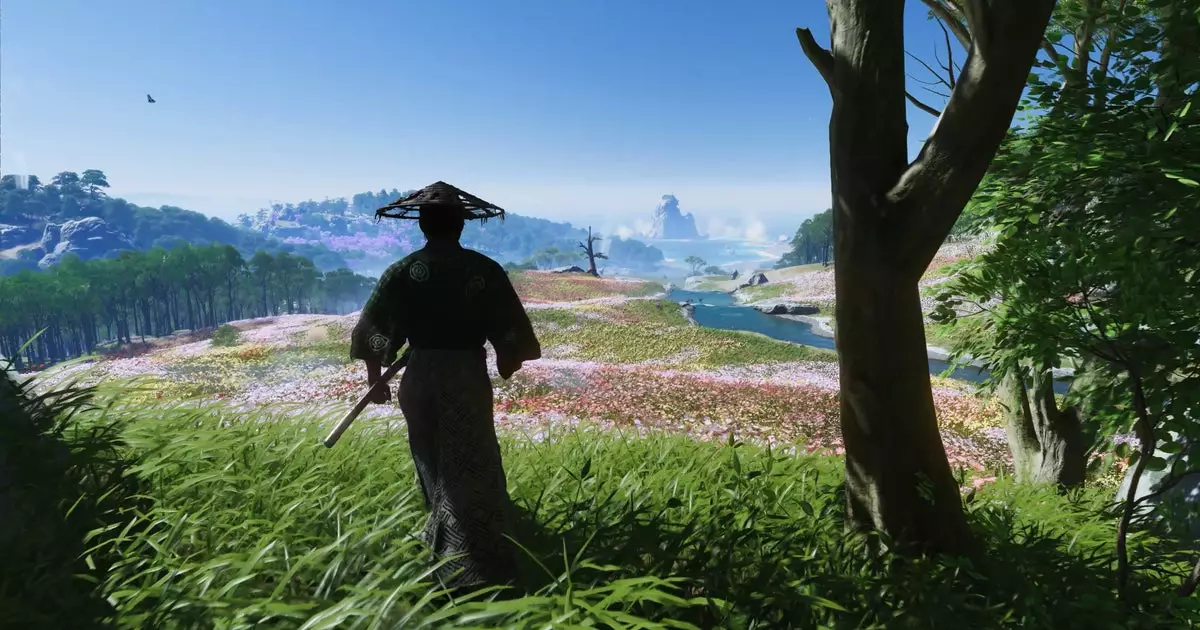In an era where cross-platform gaming is becoming increasingly prevalent, Sony’s decision to maintain a clear line between its console and PC strategy raises eyebrows. Unlike its counterparts in the gaming industry, PlayStation remains committed to keeping its flagship titles like “God of War Ragnarok” and “Ghost of Tsushima” as exclusive offerings for a year post-release. This strategic choice plays into the broader narrative of exclusivity as a vital aspect of brand identity. While studios such as those under Xbox are embracing a more integrated cross-platform approach, Sony’s management firmly believes that their single-player experiences are a unique selling point that showcases the potential of the PlayStation hardware.
Maximizing Player Engagement through Timed Releases
The philosophy behind timed releases caters to a dual purpose: it protects PlayStation’s ecosystem while maximizing user engagement with the PlayStation 5. Hermen Hulst, the head of PlayStation’s studios, elaborated on the reasoning behind this approach during a recent corporate meeting. He articulated how single-player titles serve as a “differentiator,” underscoring their importance in a competitive market where hardware performance and quality dictate player choices. By witholding these titles for a year before making them available on PC, Sony not only incentivizes gamers to invest in their console first but also crafts a more robust and dedicated community around its flagship titles.
The Digital Double-Edged Sword: Feedback and Backlash
While the logic of preserving exclusivity is sound, it is important to recognize that the sentiment within the gaming community can be volatile. Sony’s strategy has not gone without criticism, especially following controversies such as the mandatory PSN account linking for PC gamers. This has left many players feeling marginalized. The notion of “listening to players,” as stated by CEO Hideaki Nishino, seems somewhat hollow when juxtaposed with the dissatisfaction brewing among segments of the community, particularly those who feel alienated by corporate policies. Hence, the challenge for Sony lies not just in implementing strict timelines but also in ensuring that its approach aligns with the evolving desires and expectations of its player base.
Charting a Path Forward: The Balancing Act
Sony’s strategy exemplifies a cautious but calculated approach to balancing exclusivity and expansion. By prioritizing the console experience, they aim to persuade gamers to remain loyal to their ecosystem, while simultaneously exploring opportunities in the ever-expanding market for live-service and multiplayer games. As titles like “Helldivers 2” debut on PC on release, it reflects a dual strategy of catering to both dedicated console players and the burgeoning PC gaming demographic.
However, is this model sustainable in the long run? As gamers’ expectations continue to evolve, particularly with the universal demand for accessibility, Sony might find themselves at a crossroads. The industry is consistently shifting towards engagement over exclusivity. Hence, while the current focus serves to bolster PS5 sales, the question remains whether this approach can effectively capture the attention of a generation yearning for open and inclusive gaming experiences.

